
Guide to Japan’s Accommodations: Hotels, Ryokan, and Guesthouses
Japan offers a diverse range of accommodations to suit every budget and travel style, from luxurious hotels to traditional inns and budget-friendly guesthouses. Each type of accommodation provides a unique experience, blending comfort with Japan’s rich cultural heritage. Whether you’re looking for modern amenities, authentic Japanese hospitality, or a place to meet other travelers, understanding your options can help you choose the perfect stay for your trip.
This guide explores Japan’s top accommodation types—hotels, ryokan, and guesthouses—highlighting their features, what to expect, and tips for booking the ideal stay.
1. Hotels
Hotels in Japan range from high-end luxury brands to budget-friendly business hotels, each catering to a variety of traveler needs. They are an excellent choice for those seeking modern amenities and convenient locations near city centers or major transportation hubs.
Luxury Hotels
Luxury hotels like the Ritz-Carlton, Park Hyatt, and Aman Tokyo offer world-class service, spacious rooms, and stunning city views. They often include amenities such as fine dining, spas, and fitness centers.
**Best For:** Honeymooners, business travelers, or those seeking a luxurious experience.
**Price Range:** ¥30,000–¥100,000+ per night.
Business Hotels
Business hotels, such as Toyoko Inn, APA Hotel, and Hotel Mystays, are popular for their affordability and efficient use of space. Rooms are compact but include essentials like Wi-Fi, private bathrooms, and work desks. These hotels are often located near train stations for convenience.
**Best For:** Solo travelers, budget-conscious tourists, and short stays.
**Price Range:** ¥5,000–¥15,000 per night.
Capsule Hotels
Capsule hotels provide a unique and futuristic lodging experience, with small pods offering just enough space for sleeping. They’re equipped with shared facilities such as showers and lounges and are perfect for travelers looking for a budget-friendly, novel experience.
**Best For:** Backpackers, solo travelers, and those curious about Japan’s quirky accommodations.
**Price Range:** ¥2,000–¥5,000 per night.
2. Ryokan
Ryokan are traditional Japanese inns that offer a unique cultural experience. Staying at a ryokan typically includes sleeping on futon bedding on tatami floors, enjoying kaiseki (multi-course) meals, and relaxing in onsen baths.
Traditional Ryokan
Traditional ryokan emphasize Japanese aesthetics and hospitality. Guests can expect a serene atmosphere, seasonal cuisine, and attentive service. Many ryokan are located in scenic areas like Hakone, Kyoto, or Izu, enhancing the tranquil experience.
**Best For:** Travelers seeking an authentic Japanese experience.
**Price Range:** ¥15,000–¥50,000+ per night (including meals).
Modern Ryokan
Modern ryokan blend traditional elements with contemporary amenities, such as Western-style beds or private onsen. These are ideal for travelers who want a balance of cultural immersion and modern comfort.
**Best For:** Families or travelers preferring a mix of traditional and modern experiences.
**Price Range:** ¥10,000–¥30,000 per night.
Onsen Ryokan
Onsen ryokan are built around natural hot springs, offering public or private baths with therapeutic benefits. These ryokan are often set in picturesque locations, such as mountains or coastal towns, and provide a relaxing retreat.
**Best For:** Nature lovers and those seeking wellness experiences.
**Price Range:** ¥20,000–¥50,000 per night (including meals).
3. Guesthouses
Guesthouses, or “minpaku,” are budget-friendly accommodations that focus on community and cultural exchange. They range from dormitory-style hostels to family-run inns, making them ideal for social travelers.
Hostels
Hostels in Japan, such as Khaosan Tokyo and Backpackers Hostel K’s House, are clean, affordable, and often located near popular tourist attractions. Shared rooms and common areas encourage interaction among travelers.
**Best For:** Budget-conscious travelers and backpackers.
**Price Range:** ¥2,000–¥5,000 per night.
Traditional Guesthouses
Traditional guesthouses, like farm stays or temple lodgings (shukubo), offer unique experiences rooted in local culture. Guests can participate in activities such as tea ceremonies or farming.
**Best For:** Travelers interested in rural or cultural immersion.
**Price Range:** ¥4,000–¥10,000 per night.
Airbnb and Minpaku
Airbnb and minpaku rentals are great for families or groups seeking privacy and space. Options range from apartments in city centers to traditional houses in rural areas. Be sure to check that the listing complies with Japan’s short-term rental regulations.
**Best For:** Families, groups, and travelers seeking flexible accommodations.
**Price Range:** ¥5,000–¥20,000 per night.
4. Comparison Chart of Accommodations
This chart summarizes the key features of each accommodation type:
| Type | Best For | Price Range | Highlights |
|---|---|---|---|
| Hotels | Comfort, convenience, modern amenities | ¥2,000–¥100,000+ | Luxury, central locations, private bathrooms |
| Ryokan | Cultural immersion, relaxation | ¥10,000–¥50,000+ | Tatami rooms, kaiseki meals, onsen baths |
| Guesthouses | Budget-friendly, social interaction | ¥2,000–¥10,000 | Shared spaces, local experiences |
5. Tips for Choosing the Right Accommodation
Here are some practical tips to help you select the best accommodation for your trip:
- Consider Your Budget: Balance comfort and cost to ensure a satisfying experience.
- Location Matters: Choose accommodations near public transport or attractions to save time.
- Check Reviews: Look at reviews on platforms like TripAdvisor or Booking.com for honest feedback.
- Book Early: Popular spots, especially ryokan, fill up quickly during peak seasons.
- Try Something Unique: Incorporate at least one night in a ryokan or traditional guesthouse for an authentic experience.
6. Conclusion: Finding Your Perfect Stay
Japan’s diverse accommodations cater to every traveler, offering options that range from luxurious hotels to culturally immersive ryokan and budget-friendly guesthouses. By understanding the features and benefits of each type, you can choose accommodations that align with your travel goals and budget. Whether you’re seeking modern comfort, authentic traditions, or social connections, Japan’s lodging options promise a memorable stay for every visitor.
Share
You may also like
-

Visiting Japan’s Love Hotel Districts: What to Expect
Japan’s love hotel districts are famous for their unique and fascinating blend of privacy, creativity, and a touch of...
-

Top 10 Late-Night Dining Spots in Tokyo’s 24-Hour Cafes
Tokyo’s vibrant nightlife extends well beyond bars and nightclubs, with a thriving late-night dining culture tha...
-
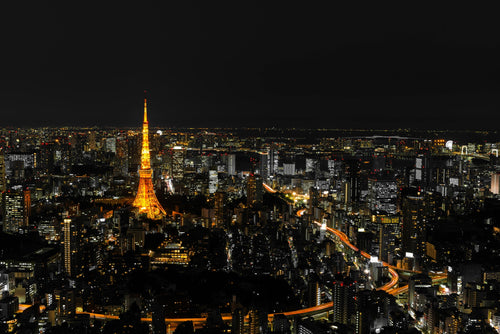
Best Night Tours in Tokyo for After-Dark Adventures
Tokyo’s nightlife is renowned for its energy, vibrancy, and unique blend of traditional and modern experiences. From ...
-
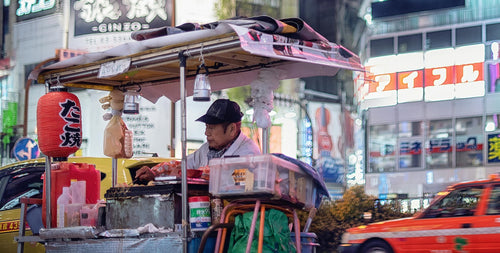
Japan’s Late-Night Food Culture: 8 Best Street Eats
Japan’s late-night food culture is a vibrant experience, especially in bustling cities like Tokyo and Osaka, where de...
-
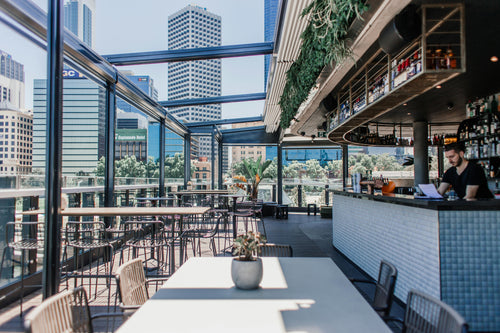
7 Rooftop Bars in Tokyo for Stunning Views
Tokyo’s rooftop bars offer some of the best ways to soak in the city’s skyline while enjoying drinks, atmosphere, and...
-

10 Best Nightclubs in Tokyo for Dancing and Music Lovers
Tokyo's nightlife is renowned for its variety and energy, with nightclubs that range from high-energy dance floors to...
-
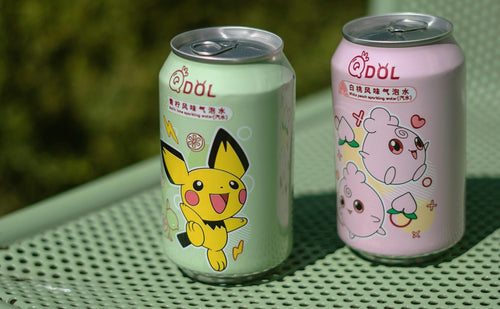
8 Themed Bars and Cafes You Need to Visit in Tokyo
Tokyo is famous for its creative and quirky themed bars and cafes, offering immersive experiences for locals and...
-

Tokyo Nightlife Guide: Shinjuku, Shibuya, and Roppongi Highlights
Tokyo’s nightlife is legendary, offering a mix of vibrant energy, entertainment, and unique experiences in some of it...
-
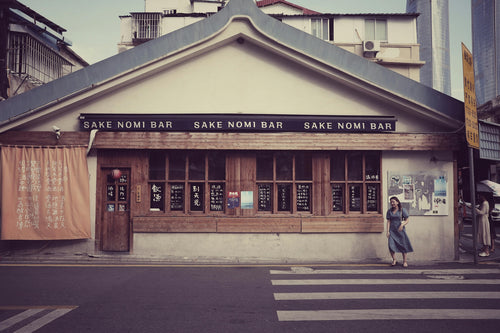
7 Best Japanese Sake Bars in Tokyo
Tokyo is home to some of Japan’s best sake bars, offering both locals and visitors an opportunity to explore the...
-
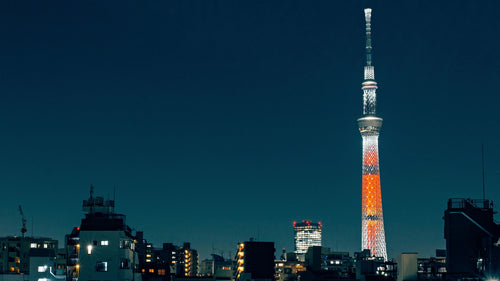
Top 6 Observation Decks in Tokyo for Scenic Views
Tokyo’s observation decks offer some of the best panoramic views of the city, giving visitors a chance to see th...
-
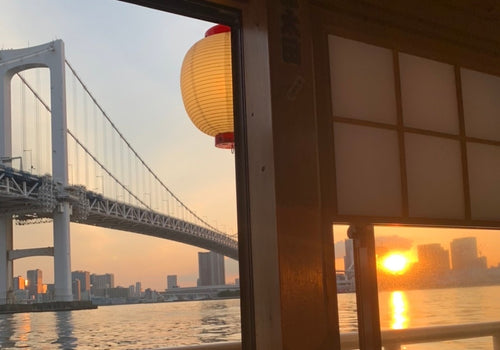
Night Cruises in Tokyo: Enjoy the City Views
Tokyo’s skyline is mesmerizing at any time, but experiencing it from the water on a night cruise adds a magical ...
-
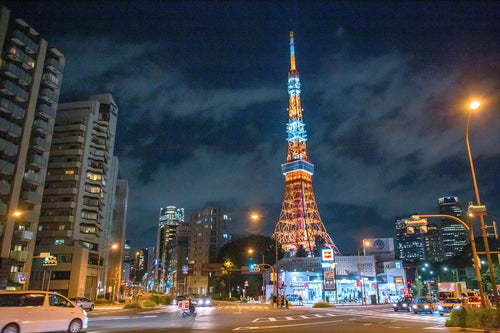
Roppongi Art and Nightlife Guide
Roppongi is one of Tokyo’s most vibrant districts, known for its lively nightlife, sophisticated art scene, and ...
-
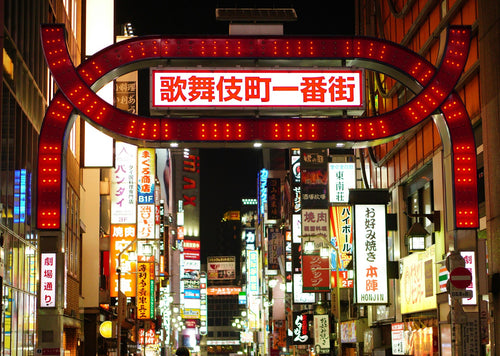
Nightlife Guide to Shinjuku Kabukicho
Shinjuku’s Kabukicho district, known as Tokyo’s “Sleepless Town,” is the center of nightlife in Tokyo. Renowned ...
-
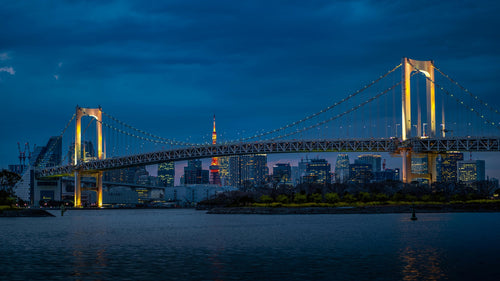
6 Best Night View Spots in Tokyo
Tokyo at night is a breathtaking spectacle, with illuminated skyscrapers, iconic landmarks, and bustling streets that...
-
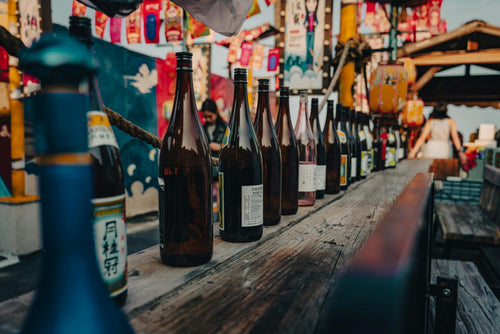
Top 12 Sake Breweries in Japan for Tasting and Tours
Japan’s sake culture is celebrated around the world for its depth, complexity, and rich history. Sake, or nihons...
-
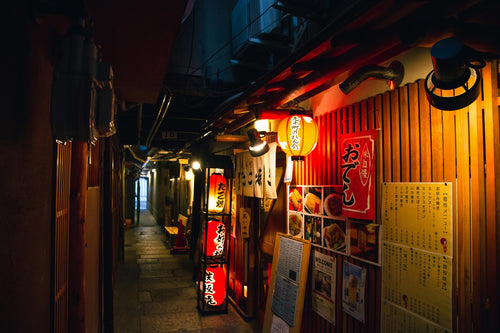
How to Enjoy a Night at a Japanese Izakaya
Japanese izakayas are casual, lively spots where locals gather after work to enjoy drinks, share small plates, a...
-

Exploring Karaoke Culture in Japan: 8 Best Places to Sing
Karaoke is an integral part of Japanese culture, offering a fun and entertaining way for friends, family, and even co...
-
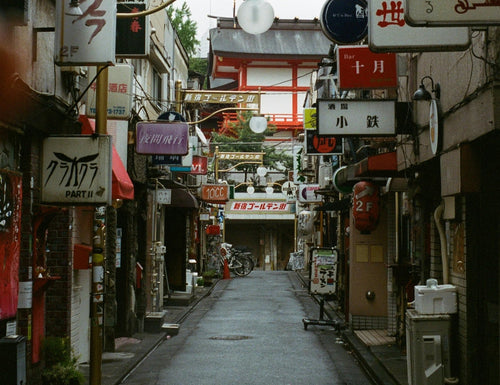
5 recommended bars in Golden Gai
Golden Gai, nestled in the heart of Tokyo’s Shinjuku district, is one of the city’s most iconic bar districts. Known ...
-
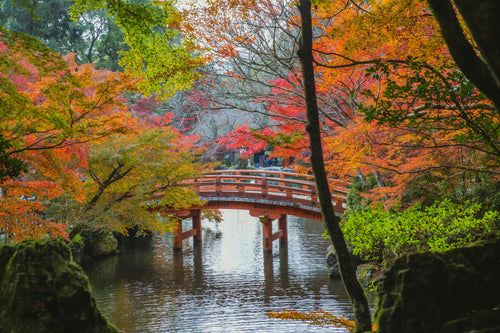
10 Japanese Gardens You Should Visit for Tranquility
Japanese gardens are renowned for their beauty, tranquility, and intricate designs that reflect harmony with nature. ...
-
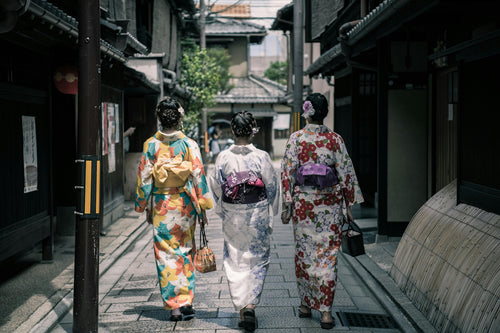
Japan’s Kimono Heritage: Symbolism, Style, and Where to See
The kimono, Japan’s traditional garment, is a beautiful and symbolic representation of Japanese culture. From its int...
-
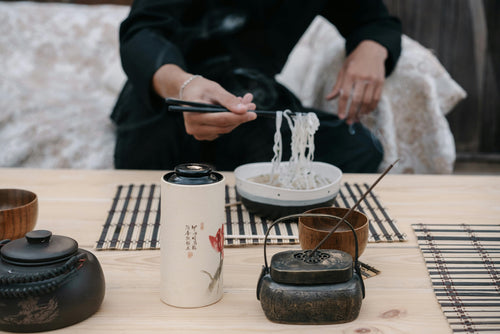
Etiquette Essentials for Visitors to Japan
Japan’s culture is rich in respect, politeness, and consideration, making etiquette an essential part of daily l...
-
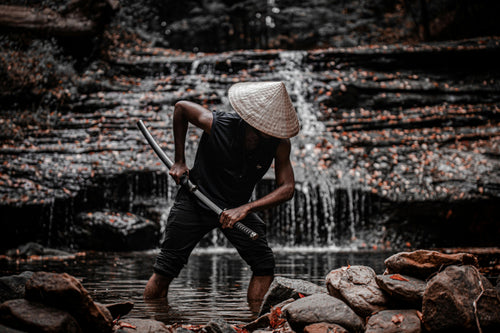
7 Best Places to Discover Japan’s Samurai History
Japan’s samurai history is one of honor, skill, and deep cultural influence, stretching back centuries and leaving an...
-
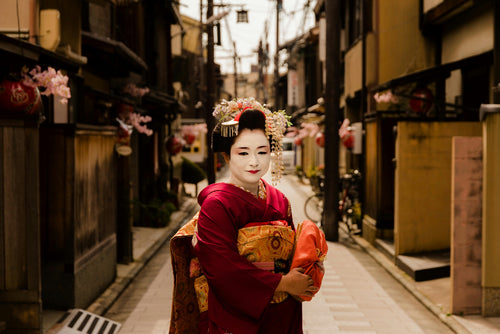
Geisha Culture in Japan: Myths and Realities
The world of geisha, Japan’s skilled performers and keepers of traditional arts, has long intrigued people around th...
-
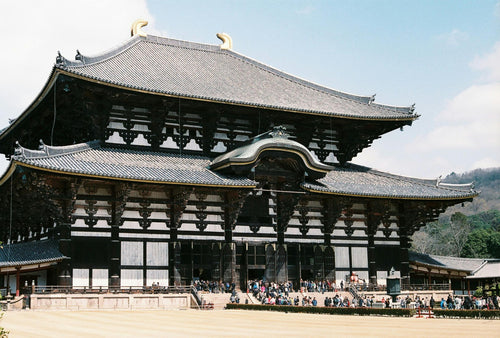
Japan’s Unique Architecture: Top 8 Traditional and Modern Landmarks
Japan is renowned for its unique blend of ancient architectural heritage and cutting-edge modern designs. From c...
-
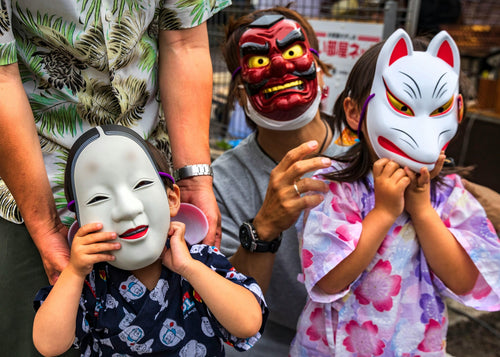
10 Traditional Japanese Festivals (Matsuri) You Can’t Miss
Japanese festivals, or *matsuri*, are vibrant celebrations of cultural heritage, featuring elaborate costumes, l...
-
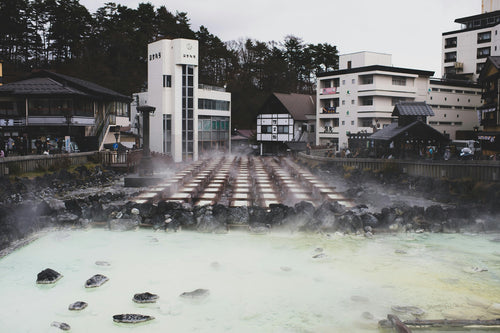
Japan’s Three Great Onsen: A Guide to Famous Hot Springs
Japan is famous for its natural hot springs, or *onsen* (温泉), offering visitors a unique opportunity to relax and rej...
-
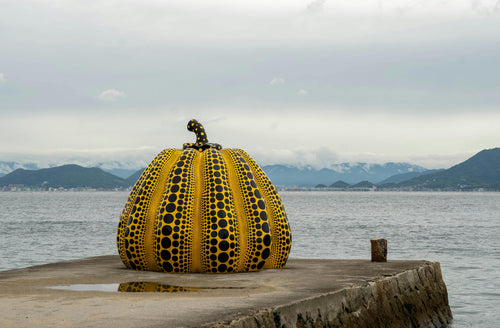
Japanese Art Exploration: Best Spots to Enjoy Art in Japan
Japan is a country rich in artistic heritage, from centuries-old traditional crafts to modern, innovative instal...
-

Guide to Japan’s Fireworks Festivals: When and Where to Go
Japan’s summer fireworks festivals, known as "hanabi taikai" (花火大会), are among the most anticipated events in th...
-
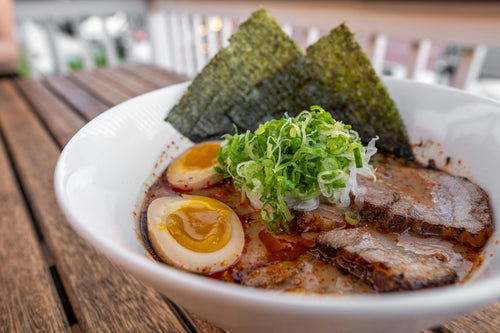
Where to Experience Ramen-Making Classes in Japan
Ramen is one of Japan’s most beloved dishes, with countless regional styles and flavors that attract food lovers from...
-
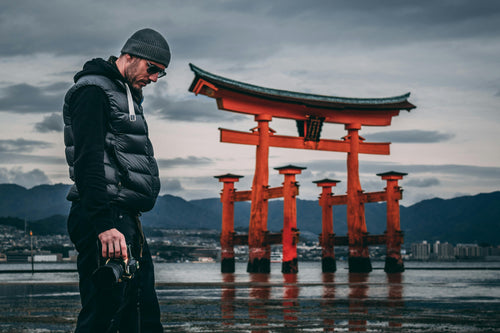
Power Spot Tours: Japan’s Famous Temples and Shrines
Japan is a land steeped in spiritual history, and visiting its temples and shrines provides not only a glimpse i...
-
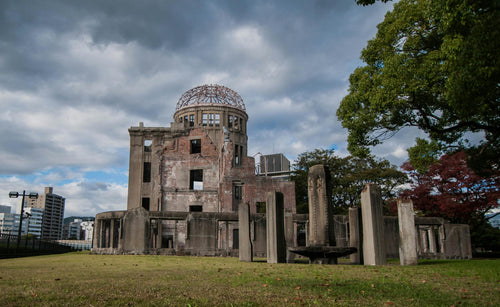
UNESCO World Heritage Site Tour Guide in Japan
Japan is home to numerous UNESCO World Heritage Sites, each offering a glimpse into the country’s rich cultural herit...
-
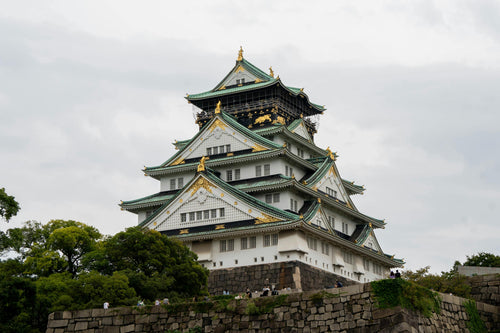
5 Famous Japanese Castles: History and Highlights
Japan is home to some of the most beautiful and historically significant castles in the world. Built during the feuda...
-
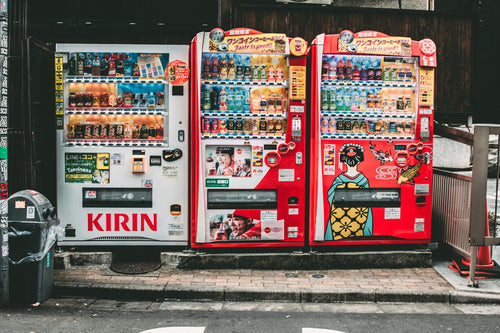
10 Unique Drinks to Try from Japanese Vending Machines
Japan is famous for its vending machines, offering an incredible variety of drinks that go beyond just soft drinks an...
-
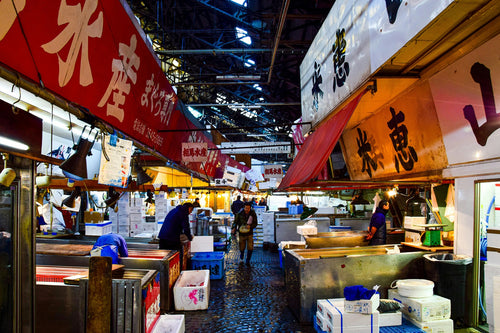
Tokyo Market Guide: Exploring Tsukiji and Toyosu Markets
Tokyo's Tsukiji and Toyosu Markets are must-visit spots for food lovers and anyone interested in Japan’s rich culinar...
-
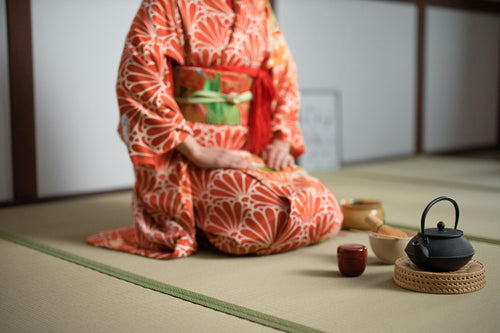
Experiencing Traditional Tea Ceremony in Tokyo
The Japanese tea ceremony, or "chanoyu," is a cultural experience steeped in tradition, aesthetics, and mindfulness....
-
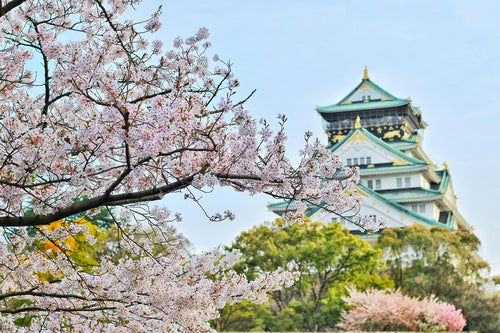
Top 7 Cherry Blossom Viewing Locations in Tokyo
Springtime in Tokyo is synonymous with the cherry blossom season, a breathtaking period when the city’s parks, rivers...
-
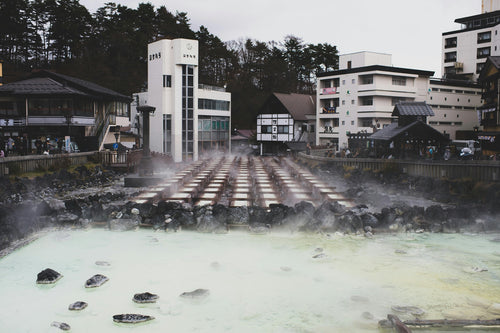
What is Onsen? A Guide to History, Benefits, and Etiquette
Onsen, Japan’s cherished hot spring culture, offers a unique blend of relaxation, scenic beauty, and deep-rooted trad...
-
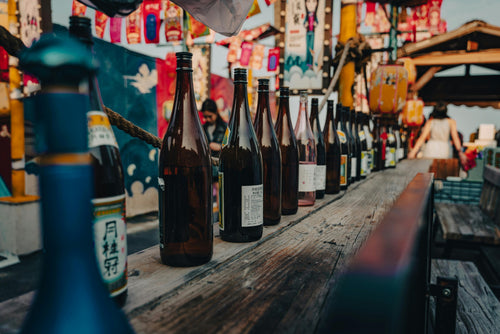
What is Sake? Its Production Method and History
Sake is a traditional Japanese alcoholic beverage made from fermented rice. It has been enjoyed in Japan for over a t...
-
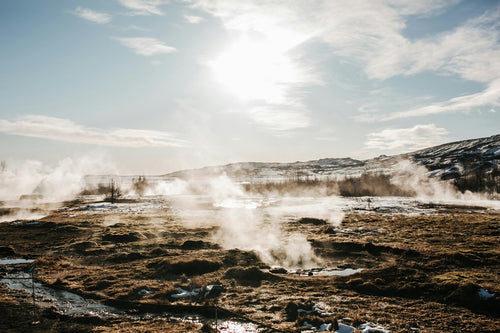
8 hot springs with beautiful scenery near Tokyo
Tokyo is a bustling metropolis, but just outside the city are some of Japan's most serene hot springs, or onsens, off...
-

Top 10 museum to visit in Tokyo
Tokyo is home to a diverse range of museums that cater to all interests, from art and history to technology and pop c...
-
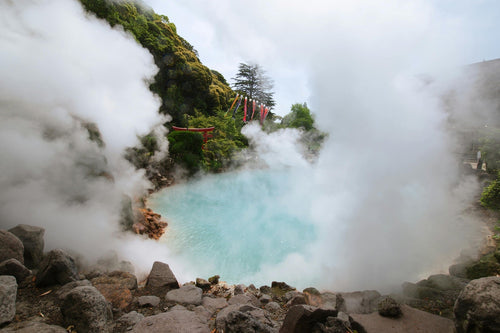
9 Best Hot Spring and Bathhouse in Tokyo
Tokyo is known for its vibrant urban energy, but it's also a fantastic place to relax and rejuvenate in hot springs (...
-
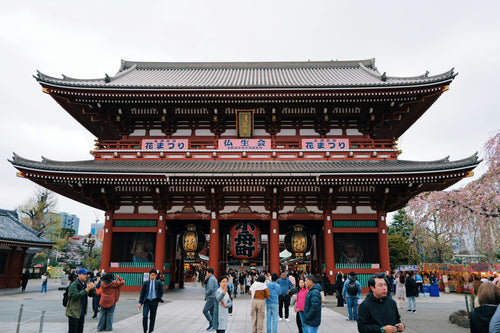
15 Famous Temples and Shrines to Visit near Tokyo
Tokyo and its surrounding areas are home to many famous temples and shrines that showcase Japan's rich spiritual and ...










































